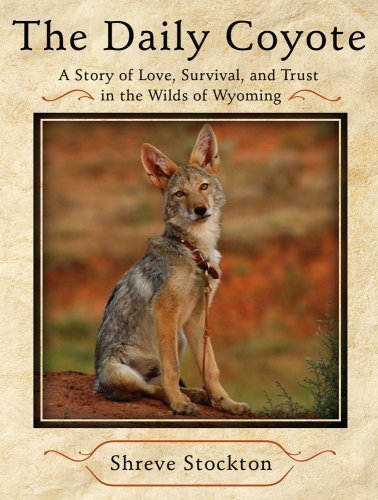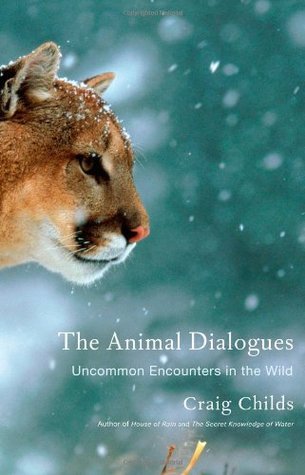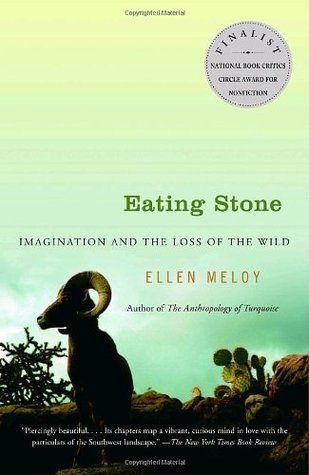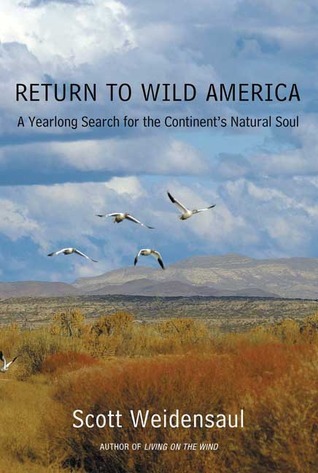
Shadow Mountain: A Memoir of Wolves, a Woman, and the Wild
Book Description
Silent howls echo through the moonlit woods, whispering secrets of wild resilience and untamed spirit. Renée Askins plunges into a world where wolves reign and a woman's heart beats in sync with their primal rhythm. Straddling the line between humanity and nature, this gripping memoir unveils her fierce battle against the shadows of ignorance and the powerful forces trying to erase the wolves’ legacy. As relationships with these majestic creatures deepen and storms of emotion swirl, the stakes rise like never before. Can one woman's passion change the fate of a species hunted to near extinction?
Quick Book Summary
"Shadow Mountain" is Renée Askins’ evocative memoir detailing her relentless mission to restore wolves to Yellowstone National Park and, in doing so, rekindle humanity’s respect for wilderness. Driven by childhood awe for wolves, Askins weaves together her personal journey with the ecological and social complexities of species preservation. Her narrative explores the emotional bonds forged with wild wolves, the cultural myths that fuel fear and opposition, and the profound lessons drawn from the untamed. Balancing passion, science, and heartbreak, Askins confronts setbacks, builds alliances, and doggedly champions the return of wolves as keystone creatures, ultimately revealing how the fate of wolves mirrors our own relationship to the wild. The memoir is both a lyrical testament to perseverance and a call to recognize the intrinsic value of wild places and the creatures within them.
Summary of Key Ideas
Table of Contents
The Human-Wolf Connection
Renée Askins’ story begins with a deep fascination for wolves, spurred by her early encounters with wild places and a growing dismay over the eradication of such apex predators. She details how her childhood curiosity matured into a passion for wildlife conservation, forging a powerful bond with wolves both real and symbolic. This connection acts as a catalyst for her lifelong dedication to rewilding efforts and sets the stage for the emotional and ethical challenges ahead.
Battling Prejudice and Ignorance
As Askins immerses herself in the campaign to bring wolves back to Yellowstone, she encounters entrenched opposition rooted in centuries-old prejudice and myths about wolves as menacing beasts. Livestock owners, politicians, and local communities fuel heated debates, posing political and logistical obstacles to reintroduction efforts. Askins details these confrontations, exposing the psychological and cultural underpinnings of “wolf hatred” and depicting the tireless advocacy required to shift public opinion and government policy.
Resilience and Perseverance in Conservation
Facing recurring setbacks—in the form of legal battles, shifting alliances, and the relentless unpredictability of working with wild animals—Askins learns firsthand the importance of resilience. The passion driving her is constantly tested against moments of loss, misunderstanding, and isolation. Yet throughout, she draws strength from the wolves themselves, whose own survival depends on adaptability and perseverance amid adversity. Her journey becomes a meditation on persistence and hope in the face of daunting odds.
The Ecological Importance of Wolves
Beyond advocacy, Askins centers her memoir on the critical ecological role wolves play. She describes the concept of a keystone species, showing how wolves’ return to Yellowstone revitalizes entire ecosystems by restoring balances lost in their absence. Elk populations, riparian habitats, and diverse plant and animal species all benefit from the wolves’ presence, offering a compelling argument for the interconnectedness of all life and the unforeseen consequences humans unleash when we disrupt these chains.
Nature as Teacher and Healer
Ultimately, Askins finds that her time among wolves offers profound lessons in humility, healing, and self-discovery. The rawness of the wild clarifies her own humanity, illustrating how the act of conservation is not merely about saving another species, but also about redefining what it means to be human in relation to the natural world. Her story serves as both an intimate reflection and a persuasive plea for respect, empathy, and a renewed reverence for the wilderness that sustains us all.
Download This Summary
Get a free PDF of this summary instantly — no email required.





